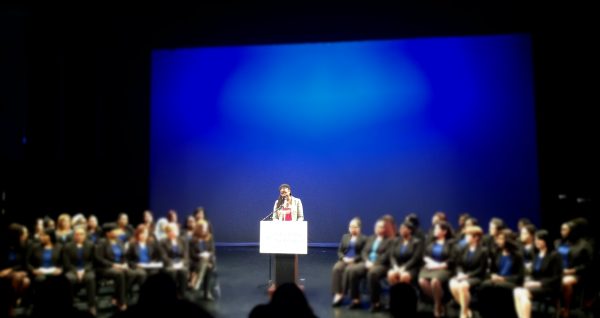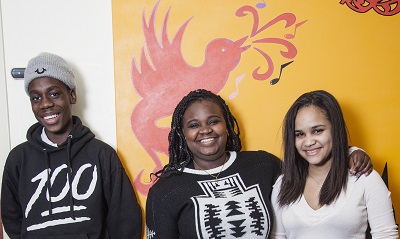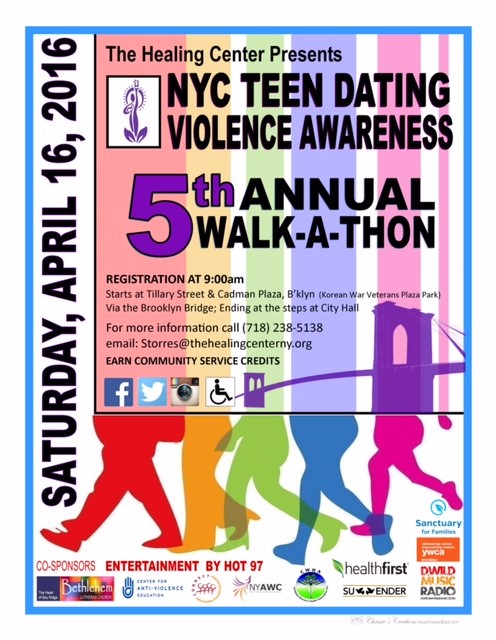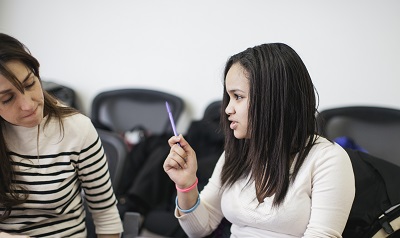Economic Empowerment Program graduates share stories of struggle and perseverance.
This past June, Sanctuary for Families’ Economic Empower Program held its semi-annual graduation ceremony to celebrate the achievements of forty-three strong and inspiring women, all survivors of domestic violence. With friends, family and Sanctuary staff in attendance, the women accepted their diplomas – thereby marking the start of a new stage in both their personal and professional lives.
To honor the occasion the class elected fellow graduates to speak on their behalf. The speeches delivered by Coleen, Rebecah, and Yijie reflect many of the challenges that an estimated 25% of women in the U.S. have/will face in their lifetime. Follow the links below to read their speeches and hear their remarkable stories.
Coleen’s Story
Finding opportunity in every difficulty
“Just a few weeks into the program, I had the craziest thought, ‘What if I were selected to speak at graduation?’ ‘What would I say?’ Right there and then I commenced writing what I wanted to say. Today, here I am delivering [my speech] to you.”
Rebecah’s Story
Another chance at life
“Thinking [back on] a time when I sat in my unit at the shelter thinking to myself I am a single mother, jobless, and who the hell cares – I never thought I would be standing here basking in my own achievements. I didn’t want to constantly be a burden to people who had their own worries, so I shared a little and kept everything else to myself.”
Yijie’s Story
I am not a victim
“Even though I was free from abuse, my freedom was a harsh experience of shelter and struggle – I lost hope and wanted to give up. But I didn’t. I kept going. This program has allowed me to improve myself as well as my professional skills. I was a professional in my native country of China. Now I feel confident and ready to be a professional again in America. Most importantly, I feel human again.”



